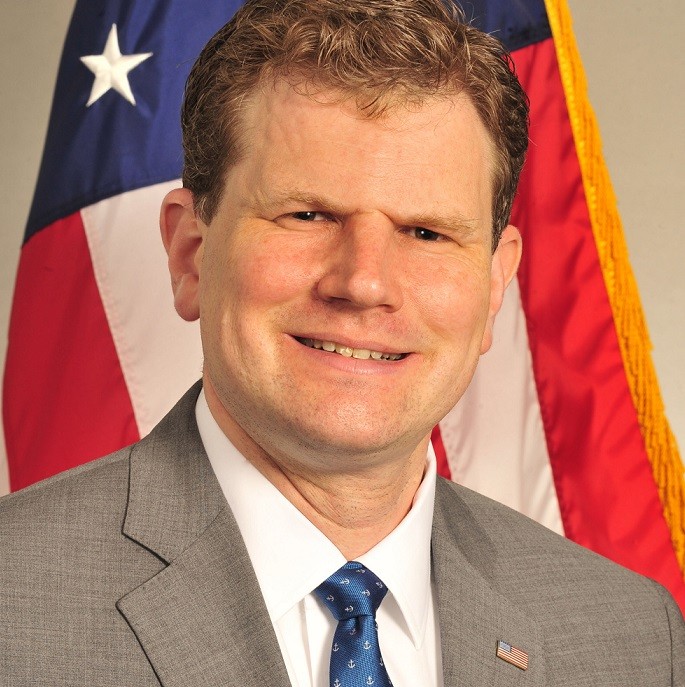Daniel B. Maffei, the chairman of the United States Federal Maritime Commission (FMC), has issued a statement on 11 February on proposed PierPass change “that would make permanent an incentive program for off-peak gate use that was set to expire on 31 January” at the ports of Los Angeles and Long Beach.
Agreement parties claim that they were asking for this extension at the request of US President Biden’s Port Envoy.
“Neither Biden nor others advocating off-peak gate incentives could have known that PierPass’ proposed fee structure generates revenue well above what is currently required to implement the program in a revenue-neutral manner,” said Maffei in its statement, adding that “PierPass claims to be cooperating with President Biden’s Port Envoy but apparently only if it can rake in millions more in profits paid for by American importers.”
PierPass, a nonprofit company set up in 2005 by Los Angeles and Long Beach container terminal operators, was initially designed to encourage a broader distribution of truck traffic to reduce congestion and mitigate truck emissions, while the Traffic Mitigation Fee (TMF) was put in place to help the terminal operating members of the West Coast Marine Terminal Operator Agreement (WCMTOA) pay for the cost of keeping gates open during off-peak hours and create an incentive to use those hours.
However, Maffei believes the connection between PierPass and those goals has become increasingly elusive.
“Before the involvement of the Port Envoy, PierPass had given up any semblance of having congestion-related pricing to help incentivise better traffic flow. Today, it collects a Traffic Mitigation Fee that mitigates no traffic. Purportedly, it pays for WCMTOA’s members to provide off-peak gate options. However, PierPass’ operations are so opaque that it is unclear to me that it provides any public benefit that would justify its antitrust exemption,” said Maffei.
Due to these concerns, he has asked for a full FMC meeting as soon as practicable to consider potential investigations or actions concerning the WCMTOA amendment as well as the underlying agreement.
In the meantime, WCMTOA’s amendment and request for expedited review remain under FMC consideration.
“This amendment seems to be an attempt to profit from a national crisis,” pointed out Maffei, who urges the WCMTOA parties to consider “more public-spirited” actions.







